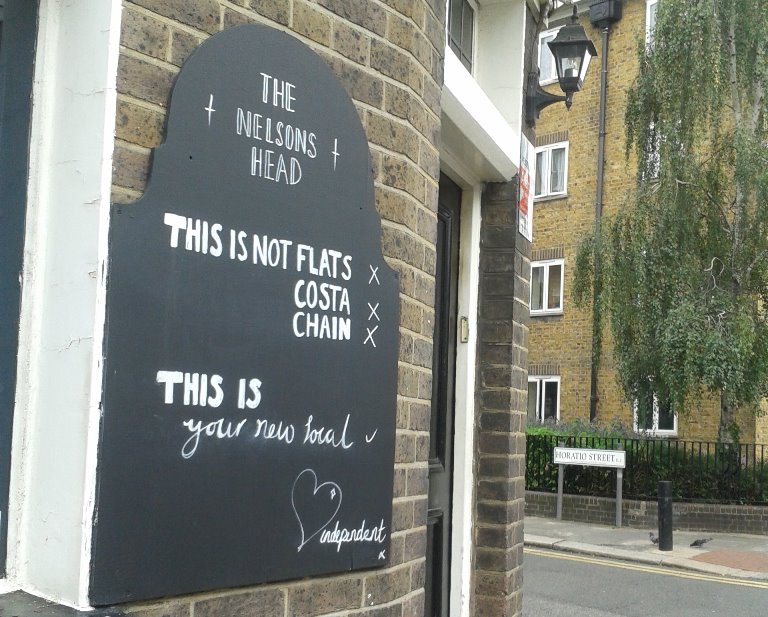If your local authority has a pub protection policy, you’re in a better position to object to a change of use.
What are pub protection policies?
Locally adopted planning policies which signal a local authority’s intention to safeguard the pubs in its area against change of use. They sit within the local plans which guide development in an area. Typical clauses within a pub protection policy include that permission for change of use will not be granted unless the pub has been marketed as a pub, at a fair price agreed by an industry expert, for a period of at least 12 or 24 months. The idea is that this protects against developers with deep pockets offering an inflated sum and pricing out pub operators.
Does my local authority have one?
If your local authority does have a pub protection policy, it will be published on the planning policy section of its website.
How do I use our local authority’s pub protection policy?
Quite simply: hold the Council to its policy! If someone puts in a planning application on your pub, quote the pub protection policy in your objection. Read the policy in detail and make sure that all the clauses have been adhered to and if not, point this out within your objection.
Additionally, it is worth noting that planning applications that receive a significant number of objections (more than 15 or so) will be given to the planning sub-committee (i.e. councillors) to decide the outcome. By introducing a pub protection policy, councillors have given their support to saving pubs in the area. So, ask your campaign team and your pub’s supporters to write in individually, quoting the policy, and members will see that the community also supports saving pubs.
Note: Once a policy has been written, there may be a delay before it is formally adopted. Even before it has been formally adopted, you can still use the emerging policy as grounds for objection. Emerging policies carry increasing weight as they approach adoption.

